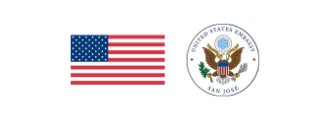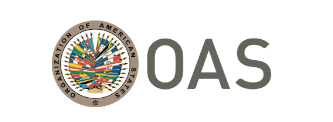Increase the institutional capacity of civil society organizations to better advocate for improvements in government service provision.
From an Open Government to an Open State in Costa Rica

Description
This project aims to promote public innovation in Costa Rica as innovative and collaborative alternatives are replacing traditional forms of accountability. Nowadays, it is crucial for governments to include the civil sector in the production and delivery of public services. In order to achieve this, it is necessary for governments to make public information more readily accessible.
The project fosters strong collaboration between local Costa Rican governments and their citizens in order to implement social innovation projects. Building pro-transparency coalitions among civil society, the private sector, and local governments is key to improving the institutional capacity and legitimacy of public institutions. Costa Rica, through Open Data initiatives, can increase citizen participation in the public arena, which will significantly improve the provision of government services.
The project also seeks to train public officials in implementing international standards regarding Open Data.
Currently, Costa Rica is making a transition Open Government to Open Data thanks to the active participation of the Judicial and Legislative branches, and municipal authorities as well. In order to put this transition into motions, it is necessary that all levels of society fully participate.
The project is focused on 15 communities outside which have the potential to improve accountability mechanisms and citizen participation.
[Communities involved: San Ramón, Esparza, San Mateo, Orotina, Quepos, Bagaces, Cañas, Pococí, Jiménez, Hojancha, Abangares, Turrialba, Guácimo, Osa and Grecia.] [Communities involved: San Ramón, Esparza, San Mateo, Orotina, Quepos, Bagaces, Cañas, Pococí, Jiménez, Hojancha, Abangares, Turrialba, Guácimo, Osa and Grecia.]What is more, the project seeks to train public officials to implement international standards regarding Open Data.
Project purpose

The program encourages local governments and civil societies from 15 Costa Rican communities to collaboratively discuss Open Data policies and the improvement of government service delivery.
Project goals


Promote the innovative use and dissemination of best practices regarding Open Data.

Promote effective collaboration between government and civil society through coalition-building processes and social innovation mini-grants.
Main achievements
Structure
Public officials, civil society, academia, the private sector, and media outlets learn together about the latest trends and tools for an effective Open Government. Training is facilitated by top regional experts.
A multi-stakeholder debate is crucial to any open government initiative. Dialogue allows participants not only to engage in the development of a specific outcome but also to contribute with their own expertise. The dialogue table methodology allows participants to understand issues better and reach agreements.
As part of the capacity building process, participants can co-create solutions and compete for seed funds put their plans into motion.

Strategic partners









